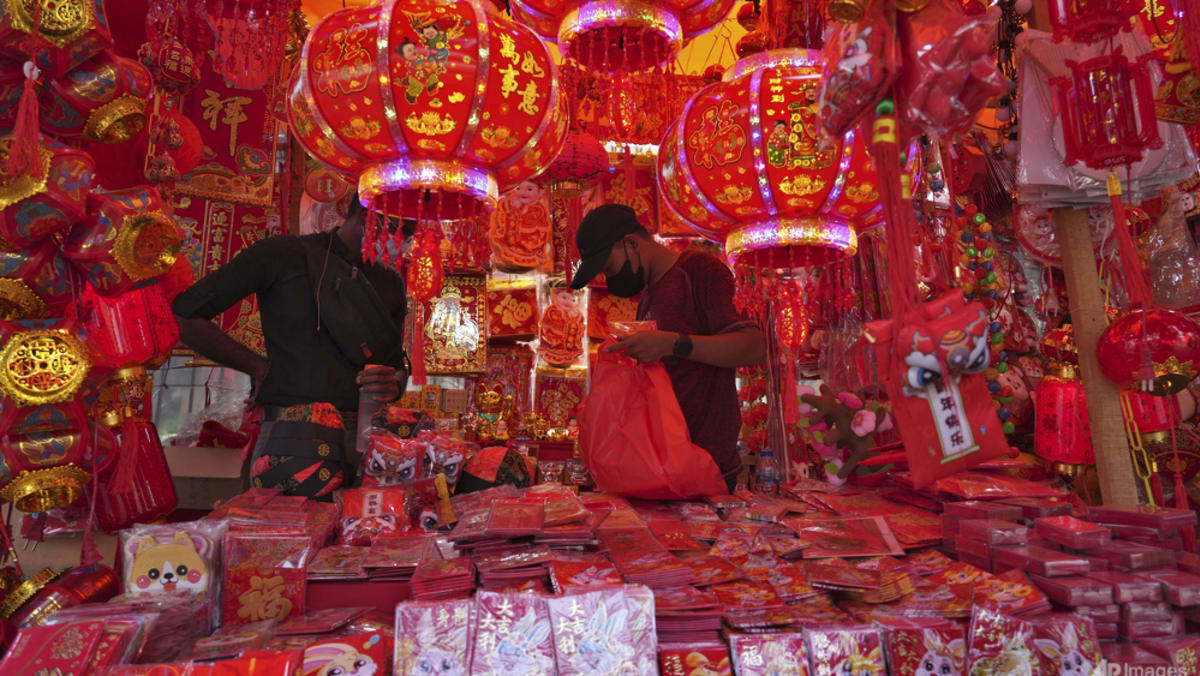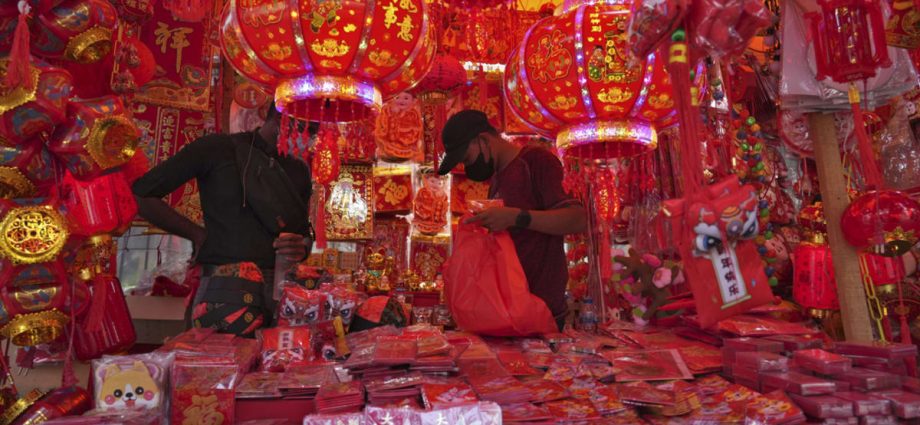
Candidate Anies Baswedan, who recently held a dialogue session with the Chinese community in Jakarta’s Chinatown, said: “In every election, there are bound to be different choices and these different choices will definitely be associated as a form of polarisation.
“After the election is over, everyone is an Indonesian citizen who has the same right to receive services from the state (and) to get opportunities from the state. Therefore, after the election is over, the elected president needs to embrace everyone (and) work together with everyone.”
In 2017, Mr Anies had allegedly used identity politics to win the Jakarta gubernatorial election against incumbent Basuki Tjahaja Purnama, also known as Ahok, who is a Christian and Chinese Indonesian.
ISLAMIC SUPPORT
Identity politics may not be prevalent in this year’s contest because all three pairs of candidates are supported by figures who have good Islamic credentials, according to political observers.
“There are no certain negative Islamic-related issues that can be directed towards each of these candidates,” Indonesian Survey Institute executive director Djayadi Hanan told CNA.
“So it is difficult to use identity politics to pinpoint if somebody is against Islam or not, or to claim that you are the only candidate fighting for Islam.”

